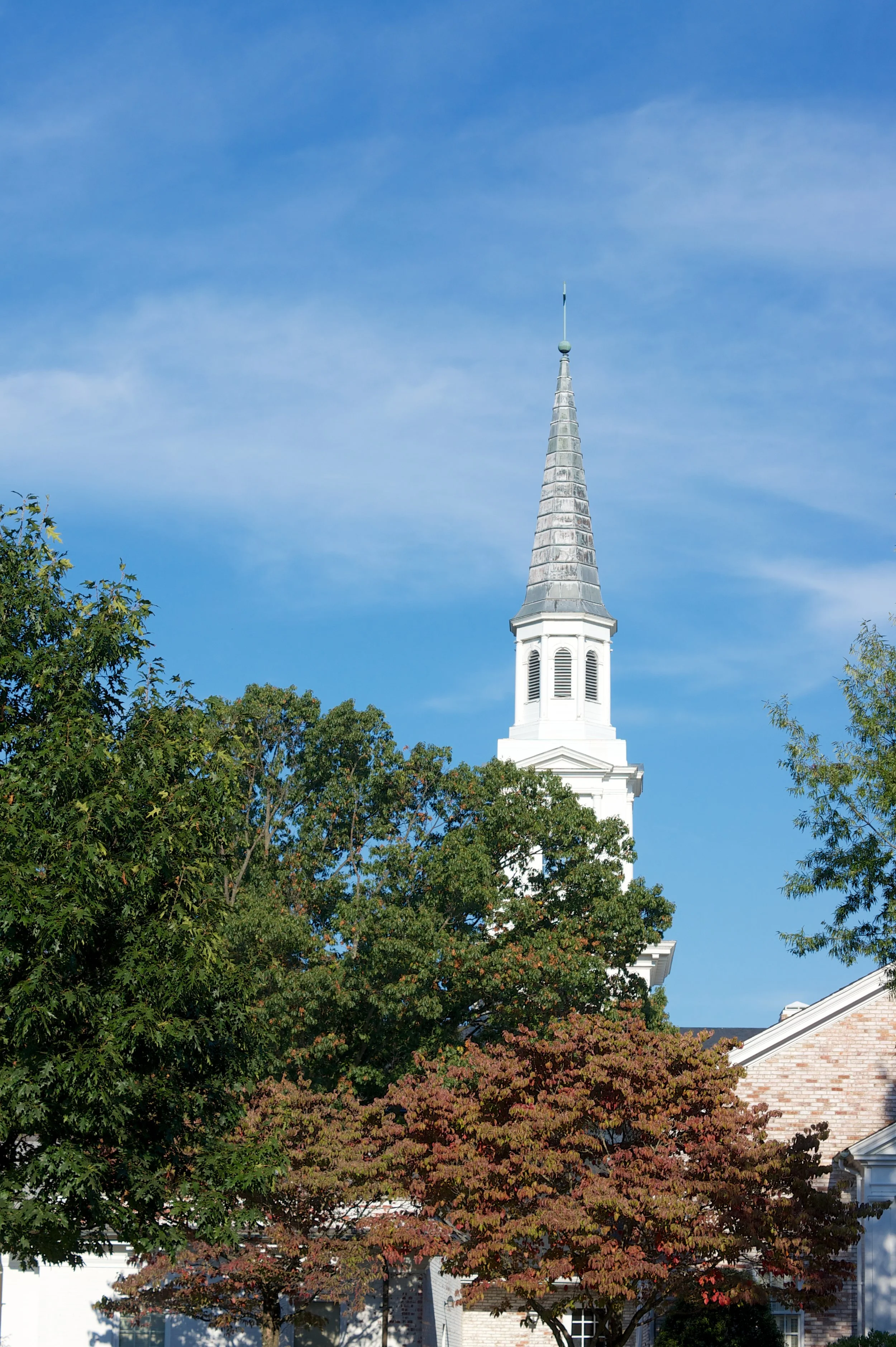Synopsis:
After feeding the multitude, Jesus sends the disciples off to set sail while he finally gets away to pray. During the night, a great storm rises and the disciples are battered to and fro. Early in the morning, Jesus defies gravity and transverses the waters to meet the disciples exactly where they are. They think he is a ghost, but Peter asks to be invited onto the water. He begins to walk on the water. Not until he looks around he sees the storms and rising tide and begins to sink with fear. Jesus catches him, but still asks him, why didn’t he trust God with what was first firm beneath his feet. FDR said to our nation in a time when we were facing a Great Depression and an impending World War, “The only thing we have to fear is fear itself,” and in this Gospel story we see how Peter’s fears cause to sink, rather than being still and trusting God is the God of the wind and the waves.























